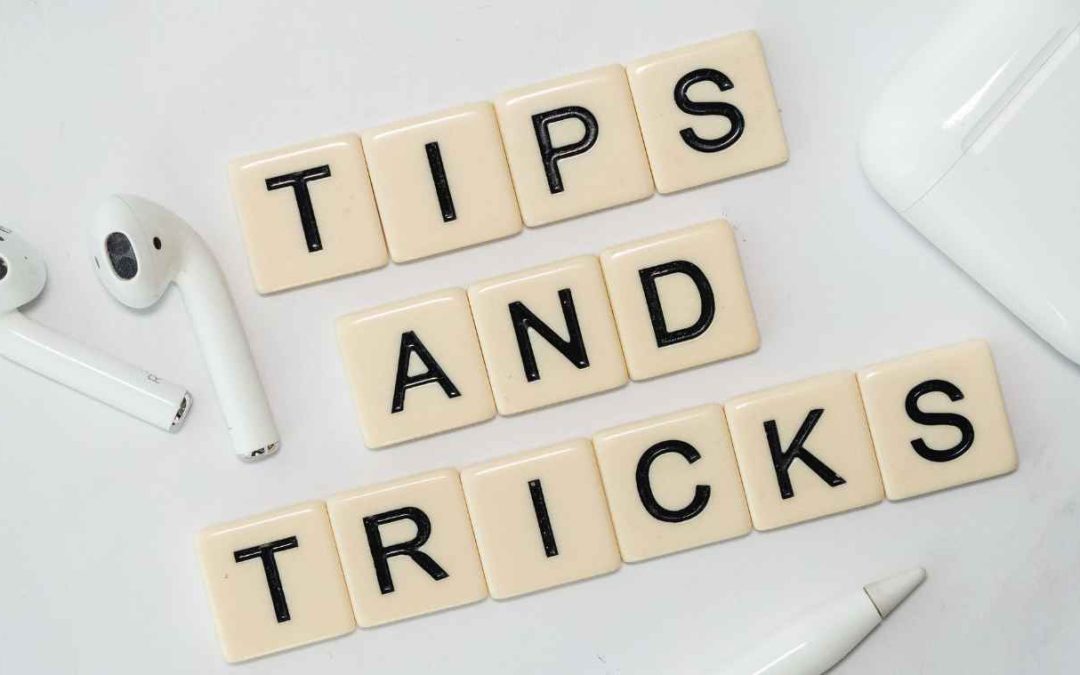
Auditioning for drama school can feel like a big step—exciting, nerve-wracking, and sometimes overwhelming. Whether you’re applying for a foundation course, BA acting programme, or musical theatre training, your audition is your chance to show your potential, your personality, and your passion for the craft.
Drawing on advice shared by top UK drama schools, here are eight practical and encouraging tips to help you get ready for your audition day.
1. Be Yourself
Your unique personality is your greatest asset. Drama schools aren’t looking for a finished product—they want to see who you are, what excites you about performing, and how you approach your work.
Show Authenticity, Not Perfection
Panels are far more interested in honesty than polish. Being “perfect” often reads as stiff or over-rehearsed, while authenticity creates connection. Let your voice, your instincts, and your interpretation shine through. Trust that what you bring, as you are, is enough.
2. Know Your Monologue Inside Out
Your monologue is your tool for showing what you can do as a performer. It’s not just about memorising lines—it’s about fully inhabiting the moment.
Understand Your Character’s Journey
Read the whole play, not just your piece. Understand where your monologue fits into the story and what your character wants. What’s at stake in the scene? How do they feel? What’s changed by the end? These details will enrich your performance and help you respond to any questions the panel may ask.
3. Take Direction Well
Most auditions involve some redirection. This is a chance to show how well you respond to feedback—a key skill in drama training.
Adaptability Is Key in Auditions
You might be asked to deliver your monologue in a completely different way. Don’t panic. Embrace the change, listen carefully, and try something new. It’s not a test to catch you out—it’s an opportunity to show your willingness to explore and play.
4. Don’t Worry About Getting It “Right”
There is no single way to deliver a monologue. Don’t stress about whether you’re “doing it correctly.” Focus on engaging with the material in a way that feels truthful to you.
Risk-Taking Shows Creative Range
Panels want to see performers who take risks and bring their own ideas. If you make bold choices—even if they’re not perfect—you’ll demonstrate that you’re ready to grow, explore, and take direction. That’s exactly what drama training is all about.
5. Warm Up Your Body and Voice
Just like athletes stretch before a race, actors should prepare their body and voice before performing. Warming up helps calm your nerves and connect you to your breath and energy.
Enter the Room Ready to Perform
Find a quiet place beforehand to do a short warm-up—some gentle stretches, breathing exercises, or tongue twisters. A prepared body and voice help you enter the room focused, grounded, and ready to share your work.
6. Think About Your Entrance and Exit
How you enter and leave the audition room matters. These small moments say a lot about your confidence and professionalism.
First Impressions and Final Moments Matter
When you walk in, greet the panel with calm presence. Take a moment to breathe before starting your piece. When you’re finished, pause, acknowledge the panel, and leave the space with the same focus you entered. It’s not about performing during these moments—it’s about being centred and respectful.
7. Engage with the Panel
Auditions are two-way interactions. The panel isn’t there to judge you—they’re there to get to know you and see how you approach your work.
Make Eye Contact and Be Present
Be friendly and open in your conversation with the panel. Listen carefully to questions and answer honestly. If they ask about your monologue or your training goals, share your thoughts with curiosity and clarity. Be present, not performative.
8. Remember It’s Not the End of the World
Rejection is part of any audition process—even seasoned professionals get told no. But every audition is a step forward, and every experience teaches you something.
Growth Comes from Every Audition
Whether or not you get a place at the school, reflect on what went well and what you’d like to improve. You may even be able to request feedback. Each audition is a learning opportunity that brings you closer to your goals.
Final Thoughts
Keep Auditioning and Keep Learning
Preparing for drama school auditions is about more than performing well—it’s about showing your willingness to grow, your love of storytelling, and your dedication to learning. Keep showing up, keep exploring new material, and stay connected to what makes you love acting in the first place.
Remember, top drama schools are not looking for perfection. They are looking for potential. Your journey doesn’t end with one audition, and your growth as an actor is just beginning.
Good luck, and enjoy the process.
Frequently Asked Questions
How do I choose the right monologue for my audition?
Choose a piece that you connect with emotionally and that allows you to show your range. Avoid overused monologues and make sure you understand the full context of the play. Read a variety of plays to find one that speaks to you.
Should I use an accent in my audition?
Unless the school specifically asks for an accent, it’s best to use your natural voice. This allows the panel to hear your true sound and see your connection to the character without added pressure.
How long should my monologue be?
Most UK drama schools ask for monologues between 1–2 minutes. Check the specific guidelines for each school and make sure to time your pieces accurately.
Can I perform something I’ve written myself?
Some schools allow this for second or contrasting pieces, particularly at the foundation level. However, ensure it has a clear emotional journey and shows your ability to create character.
What if I forget my lines?
It happens. Take a breath, stay calm, and pick up where you left off. The panel knows auditions are nerve-wracking. Handling a mistake with grace often says more than never making one.

